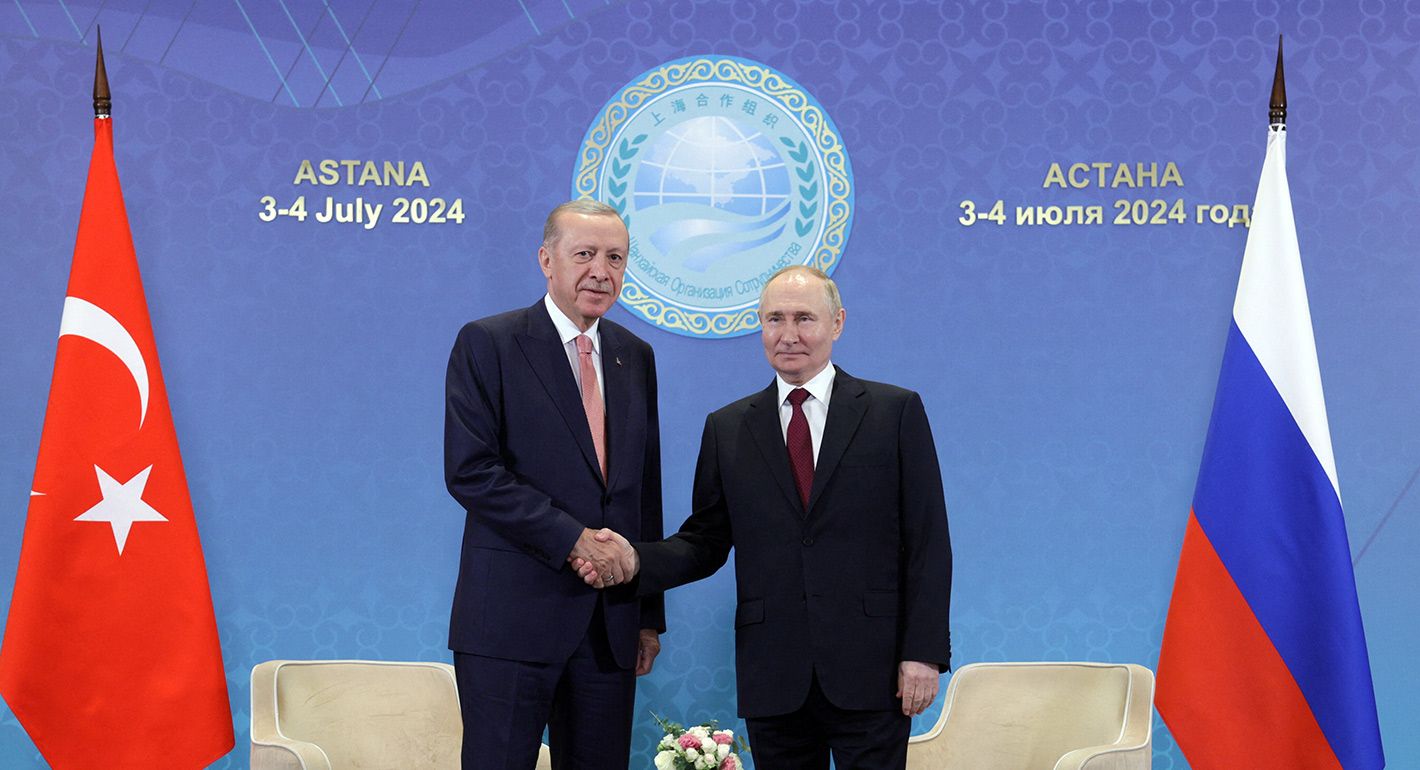The relationship between Russia and the European Union has been a complex one, marked by periods of cooperation and tension. In recent years, however, the relationship has deteriorated significantly, driven by geopolitical factors, economic competition, and human rights concerns.
Historical Context
Following the Cold War, there was hope for a new era of cooperation between Russia and the EU. Economic ties strengthened, and there were discussions about Russia’s potential membership in the EU. However, these hopes were dashed by a series of events, including the 2008 war with Georgia and the 2014 annexation of Crimea.
Key Issues and Tensions
- Geopolitical Rivalry: Russia’s assertive foreign policy, particularly in Ukraine and Eastern Europe, has strained relations with the EU.
- Human Rights Concerns: The EU has criticized Russia’s human rights record, including the imprisonment of political opponents and the suppression of civil liberties.
- Energy Security: Russia’s role as a major energy supplier to the EU has been a source of both cooperation and tension. The EU has sought to diversify its energy sources to reduce its dependence on Russian gas.
- Cybersecurity Threats: Cyberattacks originating from Russia have targeted EU institutions and critical infrastructure, raising concerns about cybersecurity and information warfare.
- Disinformation Campaigns: Russia has been accused of using disinformation campaigns to influence elections and sow discord within EU member states.
The Impact of the Ukraine War
The 2022 Russian invasion of Ukraine has had a profound impact on Russia-EU relations. The EU has imposed severe economic sanctions on Russia, and the war has led to a significant energy crisis in Europe. Additionally, the war has highlighted the geopolitical risks associated with overreliance on Russian energy.
The Future of Russia-EU Relations
The future of Russia-EU relations is uncertain. While there is potential for dialogue and cooperation, the deep-seated mistrust and geopolitical tensions make it difficult to envision a significant improvement in the relationship in the near future.
The EU will likely continue to pursue a dual-track approach towards Russia, combining sanctions and engagement. However, the long-term trajectory of the relationship will depend on a range of factors, including the evolution of the geopolitical landscape, the resolution of the Ukraine conflict, and the domestic political developments in both Russia and the EU.

Leave a Reply